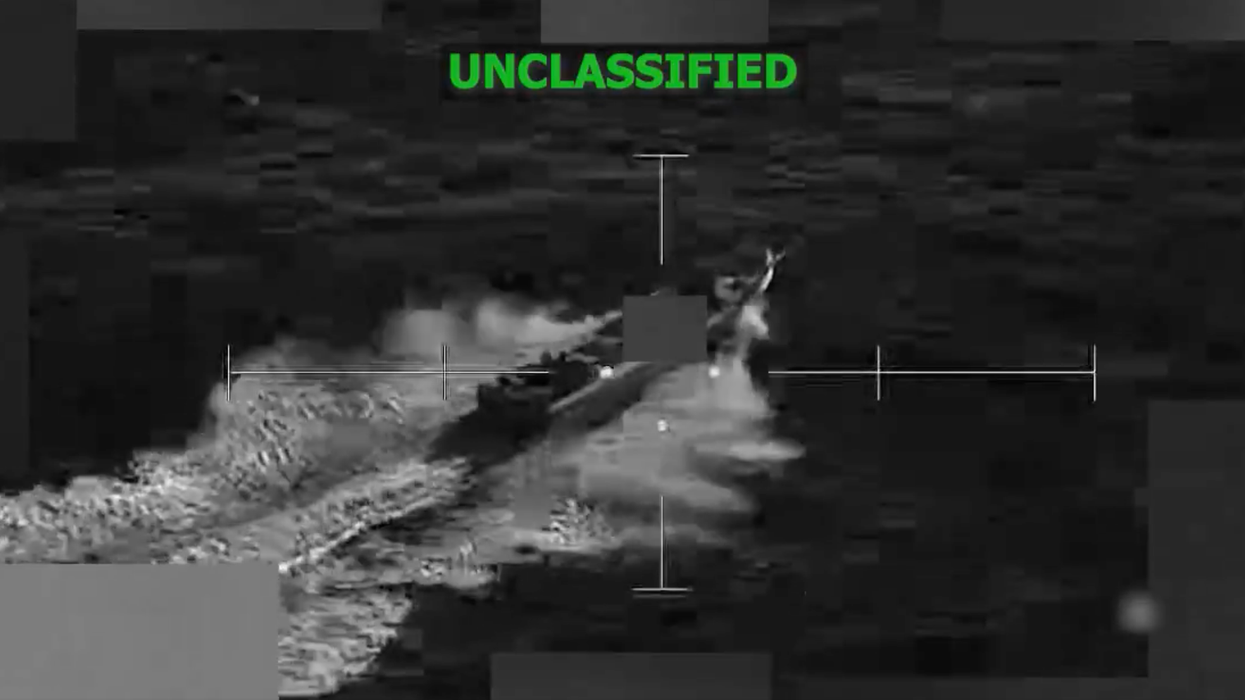Ignoring
the wishes of two governors and numerous members of Congress, the Bush
administration announced today final regulations for a commercial oil shale
program affecting almost 2 million acres of public lands in Colorado,
Utah and Wyoming. These regulations lay out the rules
governing royalty rates, evaluation of lease bids, mitigation requirements, and
other technical and procedural elements of commercial oil shale leasing and
production.
In conjunction with this move, the Bureau
of Land Management (BLM) will amend 12 resource management plans (RMPs) in
Colorado, Utah and Wyoming to allow oil shale development without the
opportunity normally afforded the public to file an administrative appeal, or
"protest" of the decision.
"Cooking rocks and scorching the
earth is not a solution to our energy crisis," Amy Mall,
a senior policy advisor for NRDC, said. "This is just another government
giveaway to Big Oil, which doesn't make sense when we have better,
cleaner energy sources available now. We need to invest in clean
energy solutions-like plug-in cars-that will reduce our dependence on
oil, not dirtier fuels that spoil public lands, hasten climate change and suck
up limited water resources."
Oil shale is a sedimentary rock
containing kerogen which, when heated to extreme temperatures, yields
oil. However, the oil shale industry remains years if not decades away
from establishing the technical, economic, and environmental viability of the
technologies needed to extract and process oil from shale, according to
industry representatives. In light of these knowledge gaps, Congress voted last
year and the president approved legislation that included a limitation on the BLM's
implementation of a commercial oil shale leasing program.
Despite this limitation, the BLM hurtled
ahead, issuing draft regulations for commercial oil shale development on July
22nd. On October 1, the spending limitation enacted by Congress to
give the oil shale industry more time to conduct research and development on
their privately owned lands and as part of BLM overseen program expired. Even
without the limitation, this research will not be completed for many
years. Even so, the Bush administration has rushed to finalize these
federal regulations. The final regulations have no environmental
safeguards and provide for a reduced, or in many cases, non-existent royalty
rate for an industry that doesn't yet exist.
"The Bush administration is maintaining
an unlawful position by amending these resource management plans without
providing the public with an opportunity to have their decisions
administratively appealed," said Melissa Thrailkill, a staff attorney for the
Center for Biological Diversity. "We are considering all our options. That
includes legal action in federal court."
An October 7th letter from The
Wilderness Society to the BLM charged that the agency had "deprived the public
of an opportunity to provide meaningful comment on the numerous areas included
in the [Programmatic Environmental Impact Statement]." The letter further asked
that the BLM withdraw the 12 plan
amendments until the agency fully complied with applicable laws that require a
period for the public to file an administrative appeal. BLM issued a Draft Programmatic Environmental Impact
Statement for the 12 resource management plans earlier this year, garnering
nearly 105,000 comments during a 120-day period. Many of the comments
identified significant deficiencies yet the BLM made no adjustments to the 12
amendments.
"This is not the first time the Bush
administration has rammed a policy through while depriving the public of their
rights," said Nada Culver, senior counsel for the Wilderness Society's BLM Action
Center. "Unfortunately,
it probably won't be the last, either."
Among the
problems with the Draft PEIS were inaccurate estimates of water available in
the Colorado River Basin to support a commercial oil
shale industry and the BLM's utter disregard for the potential global warming
impacts of pursuing oil shale without significant additional research. Liquid
fuels derived from oil shale, often called the dirtiest fuels on the planet,
emit as much as 50 percent more global warming gases than conventional
gasoline.



